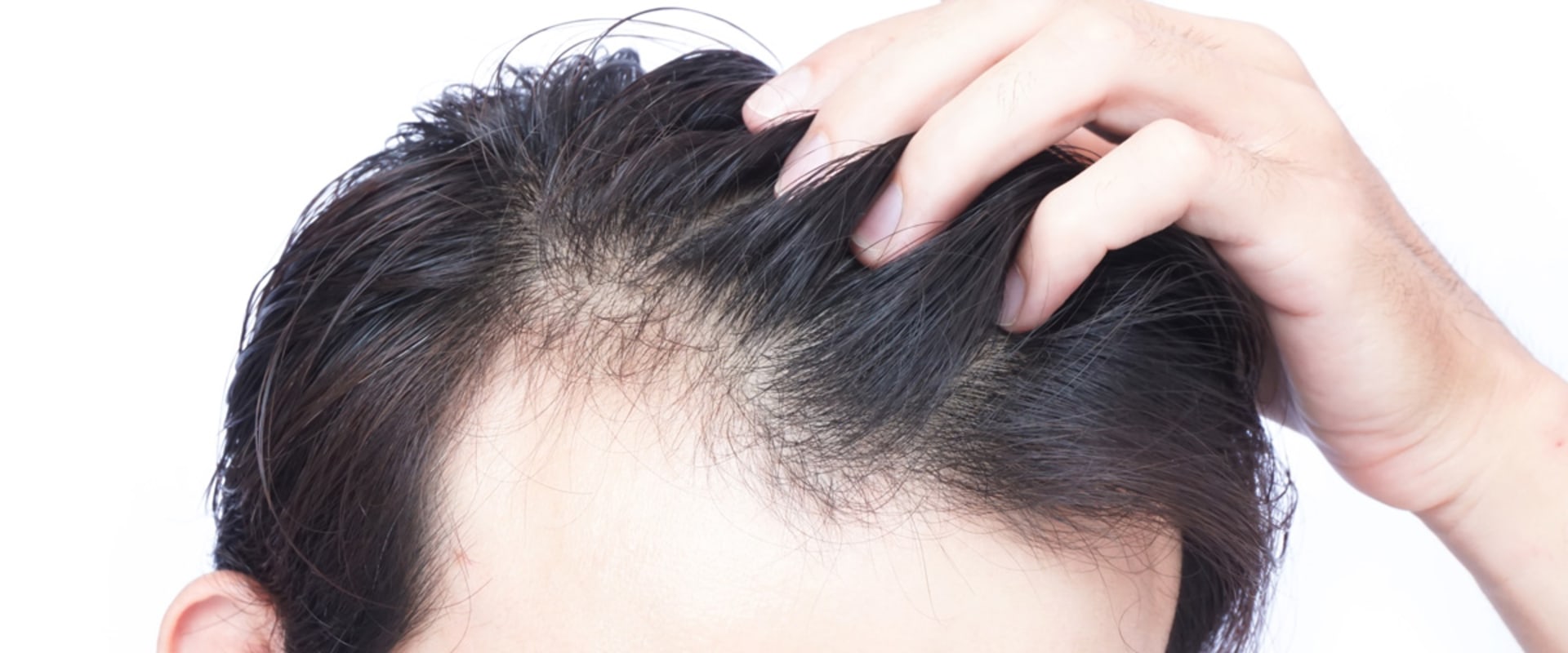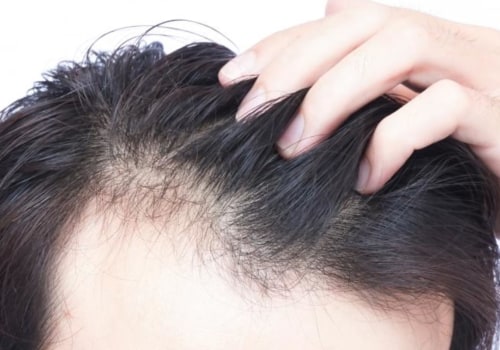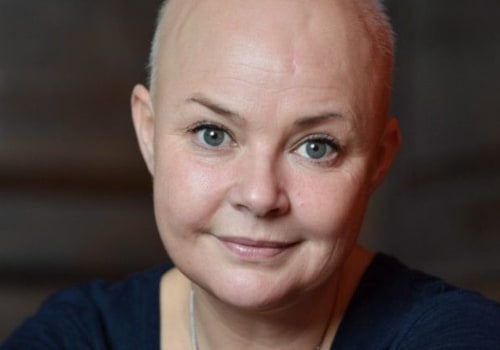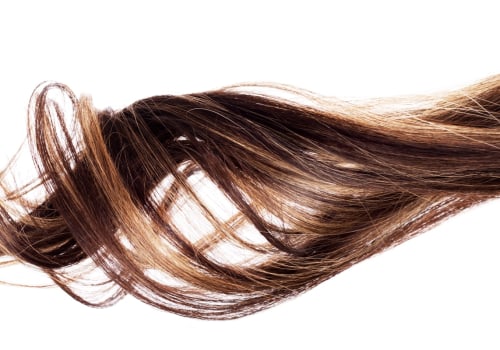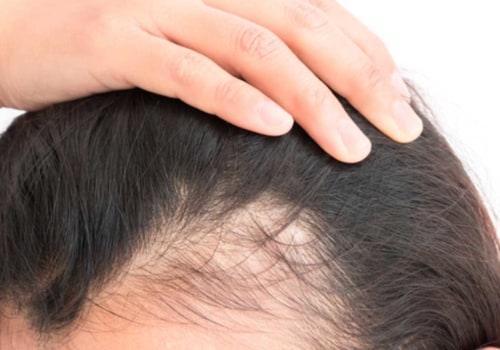Hair loss due to weight loss is not dangerous or permanent. In general, the body adjusts in a few months and hair production resumes. However, nutrient deficiencies from a restrictive weight loss regimen can be detrimental. Weight loss and nutrient deficiencies associated with restrictive diets are also linked to other types of hair loss.
These include chronic ET, which lasts longer than 6 months, and androgenic alopecia, also known as male or female pattern baldness (. hair loss is often caused by genetic factors. Androgenic alopecia, also called male or female pattern baldness, is a very common condition that is largely hereditary. But diet and nutrition can also contribute to increased hair loss.
Below are foods, supplements, and eating habits that can contribute to hair loss in some people. The National Institutes of Health and the Office of Dietary Supplements describe vitamin A as a fat-soluble vitamin that is important for vision and proper organ function. But too much of this micronutrient present in the body, called vitamin A toxicity, can cause hair loss along with a host of other unpleasant symptoms. Case studies have observed vitamin A toxicity in people who had recently consumed fish liver or were taking high doses of vitamin A supplements.
Acute and chronic forms of vitamin A toxicity occur differently. Acute toxicity is associated with rash, abdominal pain and vomiting. The chronic form of the condition is the type that is most often associated with hair loss, along with dry, rough skin and an increased risk of bone fractures. Selenium is a trace element that is nutritionally essential for many cellular and body processes.
But as with vitamin A, consuming too much of this nutrient can cause health problems, including hair loss. Brazil nuts, certain types of shellfish, and organ meats are particularly rich in selenium, but they are found in smaller amounts in many different foods. Most cases of selenium toxicity occur in people who have taken selenium supplements. Hair loss due to sudden decrease in body weight is not permanent.
There are several ways to resume healthy hair growth. Fortunately, the effects of malnutrition on the hair are reversible as long as you regain nutritional stability for 6 months or more. Once the deficiencies are corrected, the hair will grow back, although it may take some time. Your body needs adequate calories and protein to feed the hair follicles.
According to some experts, the more weight you lose, the more likely you are to experience some degree of hair loss. Losing and regaining weight for many years can affect your metabolism and hair growth. Some people may experience hair loss within 3 to 6 months of starting diets (e.g. In general, a balanced and healthy diet should reverse hair loss within six months.
For example, nutrient deficiencies and extreme calorie restriction can lead to serious health consequences, such as iron deficiency anemia, muscle loss, and more. If you've just started your weight loss journey, you may have questions about unintended side effects, such as hair loss. Toxicity can lead to widespread hair loss, as well as blistering skin lesions, gastrointestinal symptoms and memory difficulties. If you experienced hair loss due to malnutrition, you can schedule an appointment with your doctor or dermatologist to discuss possible treatment options.
When estrogen levels drop after childbirth, most women experience hair loss that their body clings to. In addition to causing hair loss, restrictive and shock diets can be harmful to mental health and are associated with weight regain (18, 19, 20, 2). It is especially likely that a non-genetic factor may be causing hair loss if hair that was once thick and healthy starts suddenly and noticeably. falling.
Certain hair appliances that use high heat to help comb hair can cause hair damage and break, which may look like baldness. Given the lack of human research, it is surprising that some hair loss supplements are marketed as containing selenium. And because hair is composed of protein, its follicles will suffer because the body is reallocating its remaining protein supply to support the organs that sustain life. Studies have found that deficiencies in nutrients such as iron, zinc, and biotin due to eating disorders, starvation, or malnutrition are closely related to hair loss or thin, brittle hair.
Limiting calories is essential for weight loss, but excessive restriction leads to hair loss, since lack of nutrition does not complement hair growth. Hair can let you and your doctor know if you're stressed, have a nutritional deficiency, a thyroid problem, or other health problems. While multiple nutrient deficiencies can lead to hair loss (Table), the detection of such deficiencies should be guided by history and physical examination. Although hair loss may be linked to nutritional deficiencies due to being on a diet, it is important to consult your doctor before taking supplements other than a multivitamin.
In trichotillomania, people feel compelled to pull out their hair impulsively and repeatedly, which can lead to noticeable hair loss. . .
